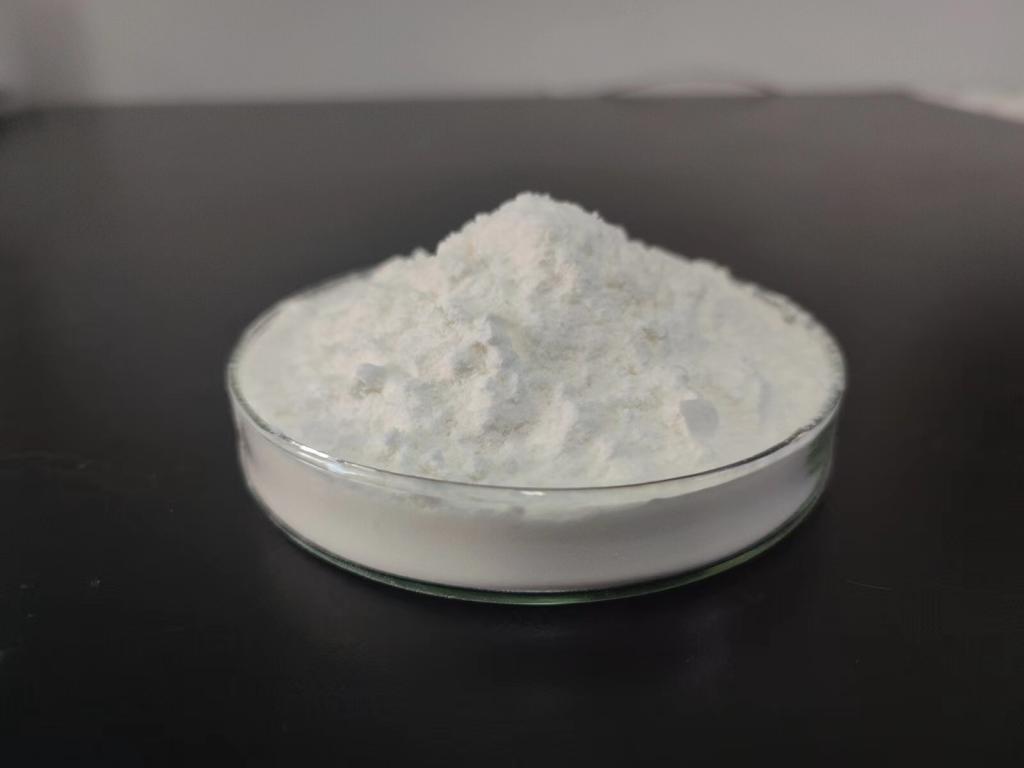Tel:+8618231198596

News
 CONTACT
CONTACT
 CONTACT
CONTACT
- Linkman:Linda Yao
- Tel: +8618231198596
- Email:linda.yao@dcpharma.cn
- Linkman:CHARLES.WANG
- Department:Overseas
- Tel: 0086 0311-85537378 0086 0311-85539701
News
Are there any interactions between ε-Polylysine hydrochloride and other medications or supplements?
TIME:2023-03-21
Interactions with medications:
Antibiotics: PL may interact with certain antibiotics, such as tetracycline and erythromycin, by reducing their effectiveness. This is because PL can bind to these drugs and inhibit their activity against bacterial infections. Therefore, it is advisable to avoid taking PL supplements or consuming foods containing PL while on these antibiotics.
Immunosuppressive drugs: PL has been shown to enhance the activity of the immune system, which may interfere with the effectiveness of immunosuppressive drugs such as corticosteroids or cyclosporine. Therefore, it is advisable to consult with a healthcare professional before taking PL supplements while on these medications.
Blood thinners: PL may increase the risk of bleeding when taken with blood-thinning medications such as warfarin or aspirin. Therefore, it is advisable to monitor the blood clotting parameters regularly and adjust the medication dosage accordingly when taking PL supplements.
Antidiabetic medications: PL may affect blood sugar levels and may interfere with the effectiveness of antidiabetic medications. Therefore, it is advisable to monitor blood sugar levels regularly and adjust the medication dosage accordingly when taking PL supplements.
Interactions with supplements:
Probiotics: PL may have an inhibitory effect on certain probiotics, such as Lactobacillus and Bifidobacterium. Therefore, it is advisable to take PL supplements separately from probiotics to avoid any interference with their activity.
Vitamin K: PL may reduce the absorption of vitamin K, which is essential for blood clotting. Therefore, it is advisable to monitor vitamin K levels regularly and adjust the dosage of vitamin K supplements accordingly when taking PL supplements.
Iron supplements: PL may reduce the absorption of iron, which is essential for the production of red blood cells. Therefore, it is advisable to take iron supplements separately from PL supplements to avoid any interference with their activity.
Calcium supplements: PL may interfere with the absorption of calcium, which is essential for the maintenance of bone health. Therefore, it is advisable to take calcium supplements separately from PL supplements to avoid any interference with their activity.
Overall, while PL is generally considered safe for use, it is important to understand its potential interactions with other medications and supplements. Therefore, it is advisable to consult with a healthcare professional before taking PL supplements if you are currently taking any medications or supplements.
- Tel:+8618231198596
- Whatsapp:18231198596
- Chat With Skype







